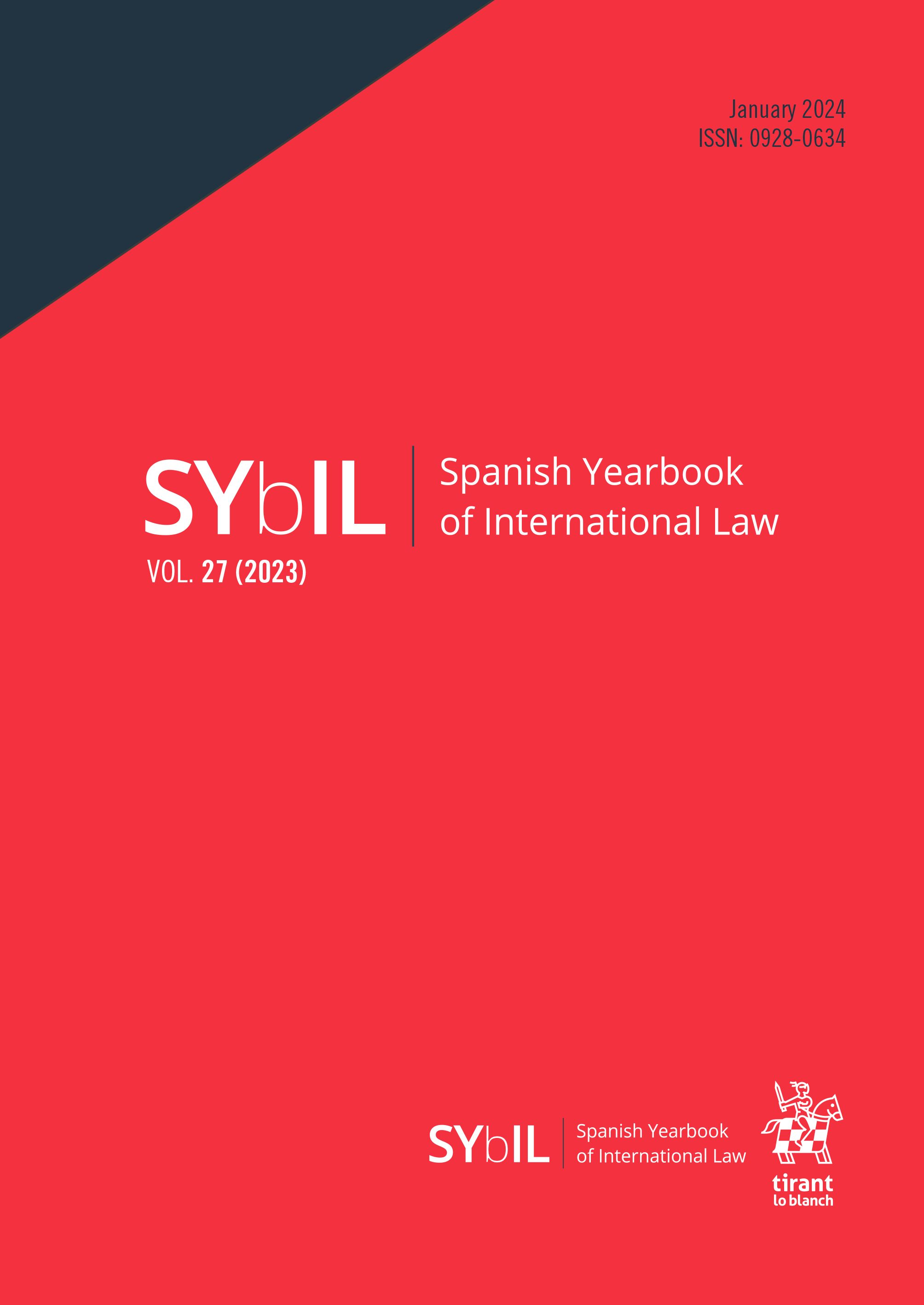Restoring lands and reclaiming rights: the interaction between Rewilding and the Environmentalism of the poor in the European High North
DOI:
https://doi.org/10.36151/SYBIL.2024.015Keywords:
rewilding, Environmentalism of the poor, decolonial, Sami, Rewilding EuropeAbstract
To address the collapse of biodiversity and mitigate climate change, nature-based solutions such as rewilding are becoming more popular. Rewilding involves a dramatic shift in the uses of the landscape, yet its social impacts are little discussed in the literature. Rewilding projects are usually top-down initiatives, involving international activists collaborating with locals. However, in the Arctic, especially the European High North, local population are active agents in redefining what rewilding can be. This article aims to understand bottom-up, community-based Rewilding projects through the lens of the Environmentalism of the poor. It does so by arguing that the definition of “rewilding” has changed since the 1990’s and now focuses on the role of people within rewilding. This change of definition made it compatible with the Environmentalism of the poor, creating a new strand of rewilding, a “rewilding of the poor and the indigenous”, or “decolonial rewilding”. This movement challenges land-use regimes and is a tool for indigenous Sami people to reclaim their land while repairing the damages done by extractive industries, thus ensuring a sustainable future in a warming world.
Published
Issue
Section
License
Copyright (c) 2024 Spanish Yearbook of International Law

This work is licensed under a Creative Commons Attribution-NonCommercial-NoDerivatives 4.0 International License.




